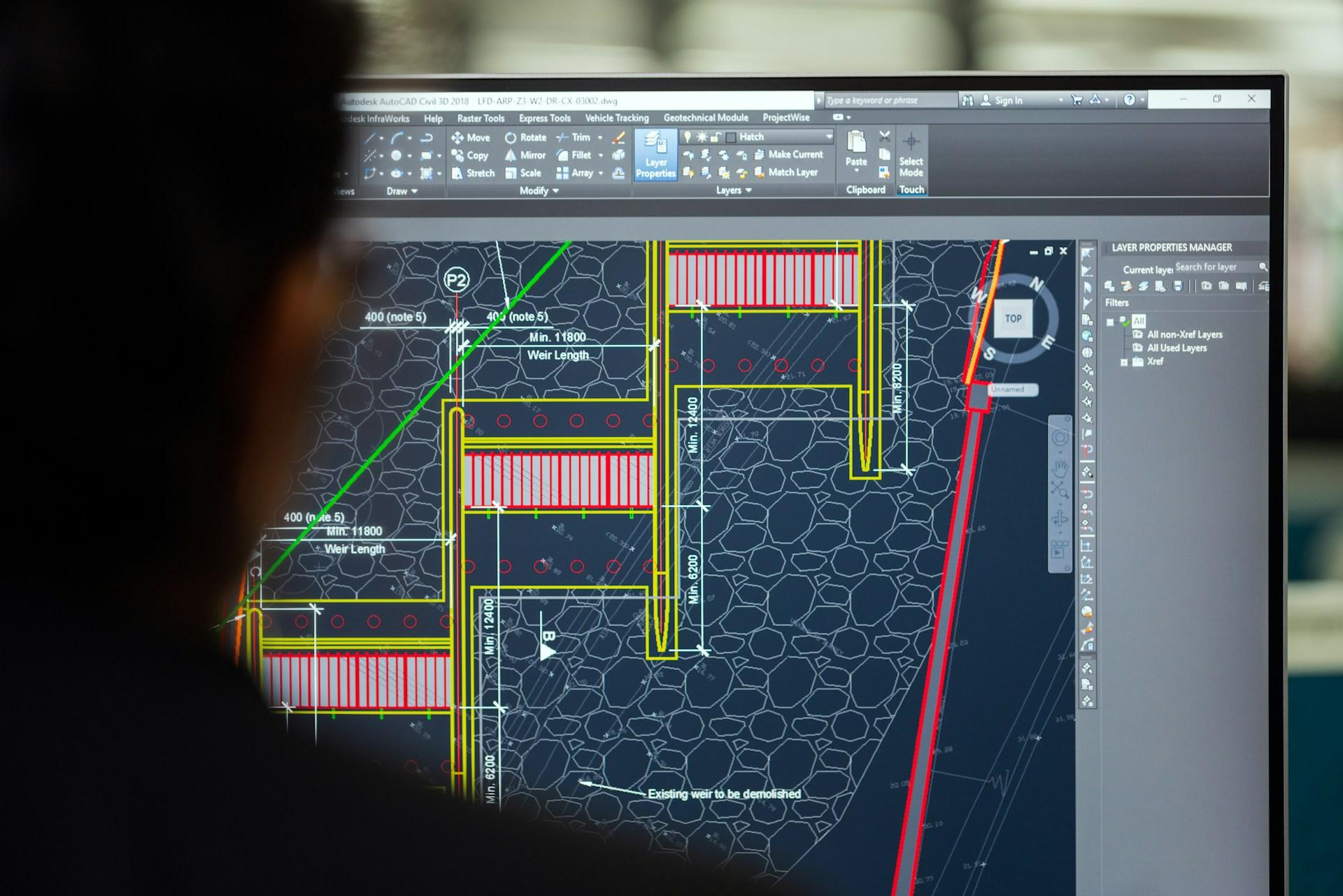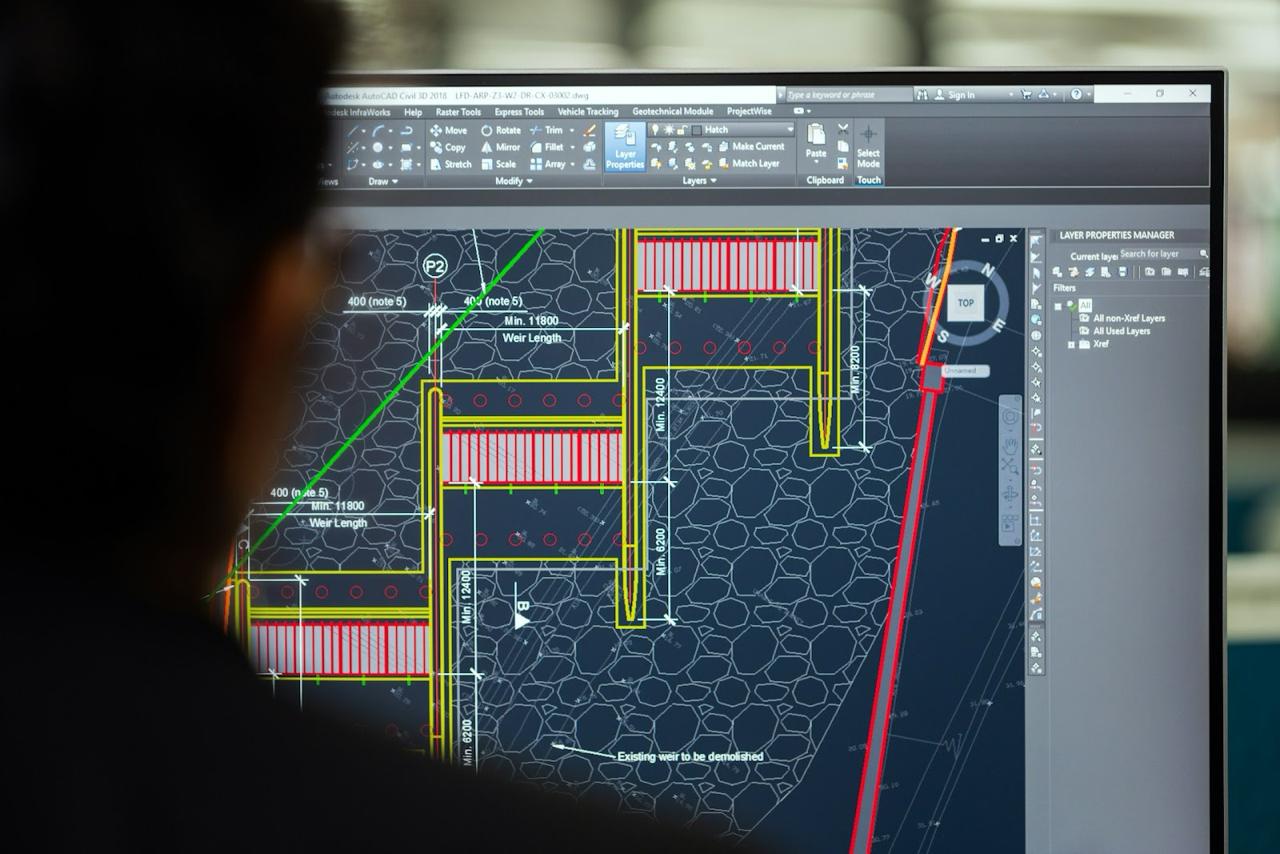The intersection of engineering and healthcare is a vibrant confluence of innovation, creativity, and compassion. Engineers, with their problem-solving mindset, are instrumental in transforming the healthcare landscape, crafting technologies that enhance patient care, streamline processes, and improve outcomes. From designing state-of-the-art medical devices to creating efficient hospital infrastructures, the role of engineering in healthcare and medical software development companies cannot be overstated. This integration addresses challenges such as the growing demand for personalized treatments, the need for cost-effective solutions, and the quest for better accessibility to medical care across diverse populations.

Modern healthcare systems face an array of complexities, including aging populations, chronic disease management, and resource constraints. Engineering solutions step in to tackle these hurdles by combining technical expertise with an understanding of human-centric needs. For instance, advancements in wearable technology allow real-time monitoring of vital signs, providing patients and doctors with actionable data. Meanwhile, breakthroughs in imaging technologies enable earlier diagnoses and more precise treatment plans. The synergy between healthcare professionals and engineers ensures that these innovations are not only technologically robust but also user-friendly, creating a more harmonious experience for both patients and caregivers.
Transforming Patient Care Through Advanced Technologies
At the heart of engineering’s impact on healthcare lies the development of sophisticated medical devices and technologies that redefine patient care. Take prosthetics, for instance: gone are the days of rudimentary artificial limbs. Today, engineers are crafting bionic prosthetics that mimic natural movement, powered by neural signals. Such innovations restore physical function and enhance a patient’s quality of life, instilling confidence and independence.
Another remarkable area is the field of robotics in surgery. Robotic-assisted systems, such as the da Vinci Surgical System, enable minimally invasive procedures with unparalleled precision. These robots reduce human error, minimize recovery times, and lower the risk of complications. Similarly, engineering advancements in telemedicine and remote monitoring have been game-changers, especially in rural or underserved regions. High-definition cameras, robust communication networks, and user-friendly interfaces bring healthcare services to patients who would otherwise lack access to specialized care.
Engineering Better Healthcare Infrastructure
While medical devices and technologies steal the spotlight, the role of engineering in improving healthcare infrastructure is equally pivotal. A well-designed hospital is not just a building; it is a meticulously planned environment where every detail contributes to patient safety, comfort, and recovery. Engineers collaborate with architects and healthcare administrators to design hospitals that optimize workflows, enhance infection control, and prioritize sustainability.
Smart hospital systems exemplify the integration of engineering with healthcare infrastructure. From automated lighting and climate control to real-time location tracking of medical equipment, these systems improve operational efficiency while reducing costs. Engineers also address challenges in emergency response systems, ensuring that critical care units are equipped with redundant power supplies and fail-safe designs. Additionally, the focus on sustainable engineering solutions, such as energy-efficient HVAC systems and renewable energy sources, reflects a commitment to both environmental responsibility and long-term economic benefits.
Find the best Houston engineering solutions for your project at Sumer Innovations, a firm is widely recognized for its exceptional expertise in designing infrastructures that are tailored to meet a broad range of needs, blending cutting-edge innovation with long-lasting reliability. By maintaining a strong focus on these qualities, they contribute to the development of state-of-the-art facilities. Collaborative efforts like these play a pivotal role in shaping healthcare environments that are prepared to meet the challenges of tomorrow.
Addressing Challenges and Ethical Considerations
Despite the remarkable strides in engineering-driven healthcare solutions, challenges persist. Cost is often a significant barrier, as cutting-edge technologies and infrastructure require substantial investment. Balancing affordability with quality remains a persistent dilemma, particularly in low-resource settings. Engineers must devise cost-effective solutions without compromising on safety or efficacy, a task that demands both creativity and resourcefulness.
Another pressing issue is the ethical implications of emerging technologies. The use of AI in healthcare, for instance, raises questions about data privacy, algorithmic bias, and accountability. Engineers and healthcare professionals must work together to ensure that these systems are transparent, equitable, and secure.
Exploring the Future of Engineering in Healthcare
The future of engineering in healthcare is teeming with potential. Emerging technologies such as nanotechnology, artificial intelligence, and quantum computing are poised to revolutionize the way we understand, diagnose, and treat diseases. Nanotechnology, for example, holds the promise of targeted drug delivery systems that minimize side effects and enhance therapeutic efficacy. Similarly, AI-driven diagnostic tools can analyze vast amounts of data with unparalleled accuracy, assisting clinicians in making more informed decisions.
Another exciting frontier is the development of regenerative medicine. Engineers are exploring ways to harness the body’s natural healing mechanisms through tissue engineering and stem cell research. The possibility of growing replacement organs in laboratories could one day address the chronic shortage of organ donors, saving countless lives.


































